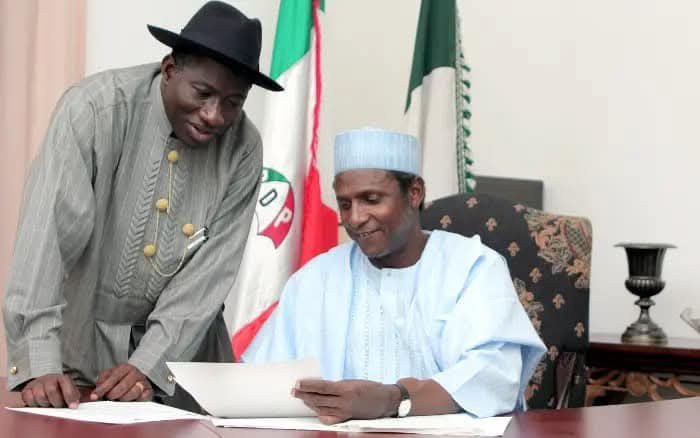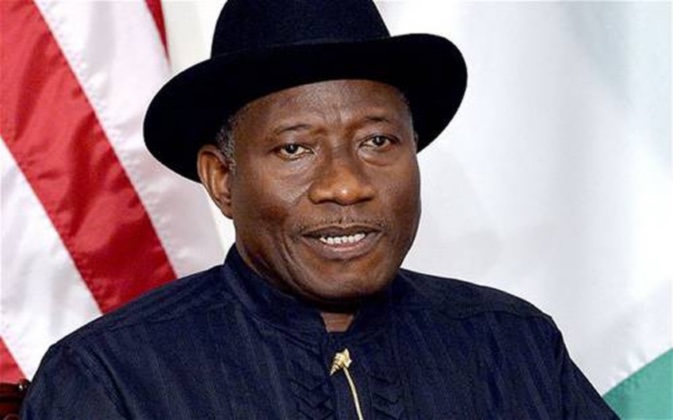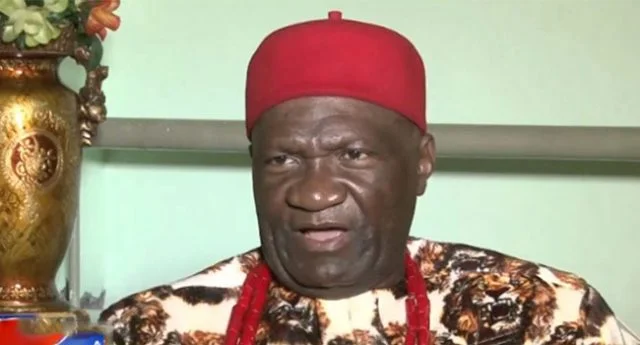Former President Goodluck Jonathan has revealed how northern Muslim elites resisted the transfer of power to him following the death of President Umaru Musa Yar’Adua in 2010.
Jonathan, then Vice President, recalled the tense period in an interview with the Rainbow Book Club.
He said religious and regional sentiments made even his role as acting president difficult.
“Definitely, the northern Muslims wanted Yar’Adua to at least do eight years before it could come back to the South,” Jonathan said.
“But the health issue came up and it was the problem, and that was why even to allow me to act was an issue.”
Letter to Transfer Power Was Never Delivered
Jonathan disclosed that before Yar’Adua left Nigeria for medical treatment, a letter was written to transfer power to him as required by the Constitution.
But the letter never reached the National Assembly.

“The person whom the letter was handed over to was one of the aides of Yar’Adua and he refused to submit the letter,” he said.
The delay created a vacuum in government and pushed Nigeria into uncertainty.
With the president absent and no acting president in place, a constitutional crisis loomed.
Doctrine of Necessity Saved Nigeria
Jonathan said the situation became so serious that the National Assembly had to invoke the Doctrine of Necessity.
This allowed him to assume the role of Acting President without the formal handover letter.
“Yar’Adua became so ill that he had no control of issues. So, we had the country where the president was not available and there was no acting president,” Jonathan said.
“The country was tense, and under this North-South divide, Christian-Muslim divide, it was really tense.”
Fear of Coup Haunted the Villa
Jonathan revealed that whispers of a military takeover grew louder by the day.
A close ally even urged him to leave the State House for safety.
But he refused.
“Every day, I was hearing about coup, coup, coup,” he recalled.
“Someone said to me, ‘You don’t have to sleep here. Come and sleep in my guest house.’”
“I said, ‘No, I would stay in the State House. If somebody wanted to kill me, it’s better you kill me in the State House.’”
He added that he wanted Nigerians to know the truth if anything happened to him.
“They knew I had not committed any offence,” he said.
“If I decided to go and stay in their guest house, security people would know, and if people go and kill me there, they would say Indian girls brought apple to kill me.”
“I don’t even want those kinds of stories,” he concluded.
Yar’Adua’s Death Changed Nigeria’s History
President Yar’Adua passed away on May 5, 2010. Jonathan completed the term and later contested and won the 2011 election.
That moment became a turning point in Nigeria’s democratic journey.
Jonathan’s rise from Vice President to President was not just political—it was historical.
He led a divided nation through a fragile transition, shaped by silence, suspicion, and sacrifice.
Rate, Like 👍, Comment💬, share this article, Follow us on our social media handles, and Submit your own story to get featured and earn rewards!







